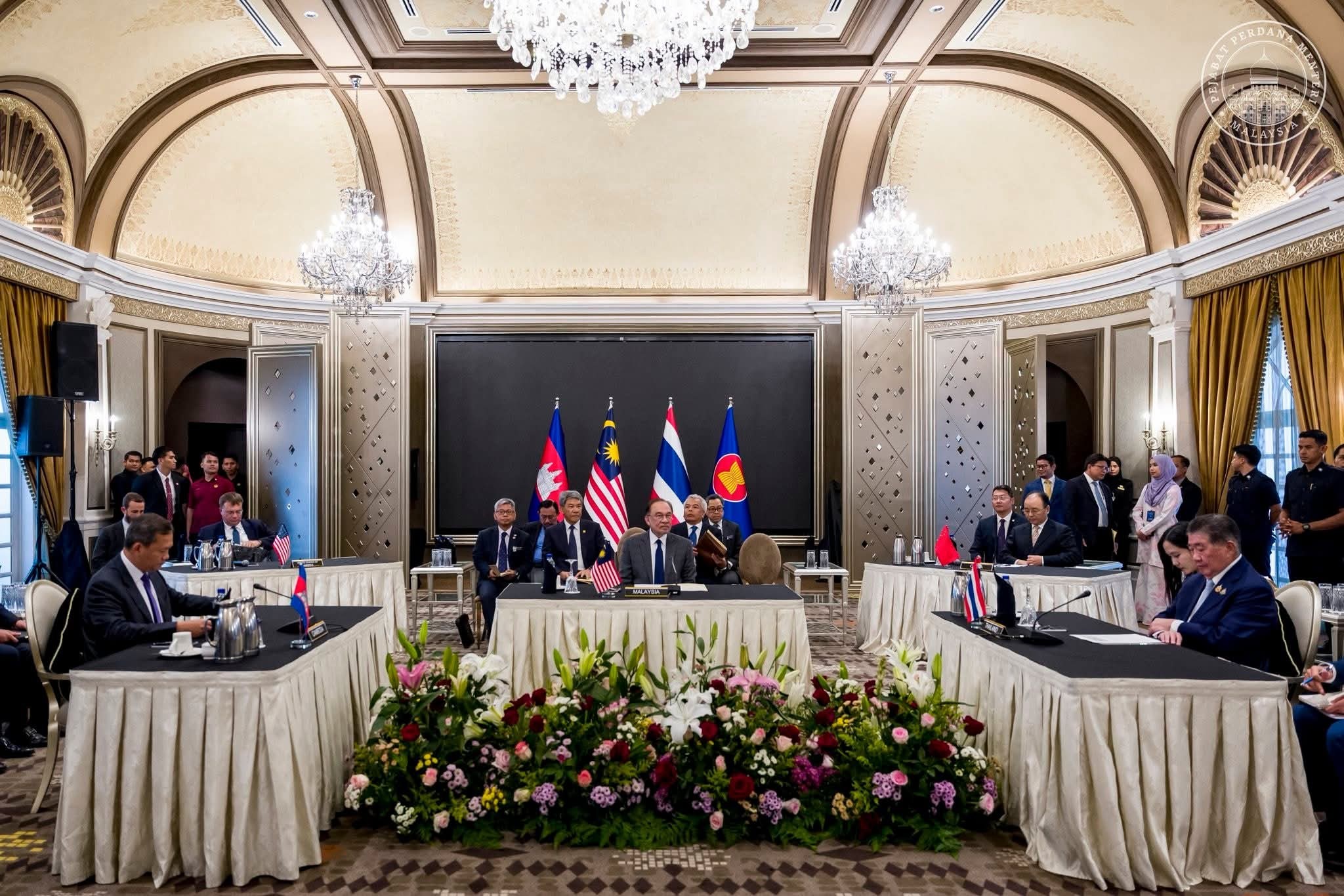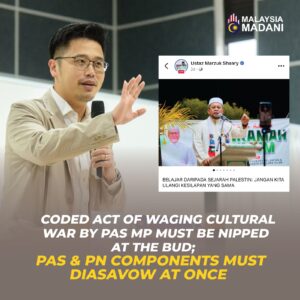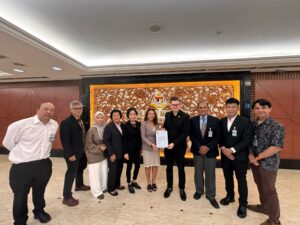
Former British Prime Minister Harold Wilson is attributed as saying that a week is too long in politics. This means, a month feels like eternity. This was probably how keen observers of Malaysian politics felt throughout July 2025.
The retirement of Chief Justice Tun Tengku Maimun Tuan Mat without the customary six-month extension caused some quarters to liken it to a judicial crisis, similar to that of the 1988 crisis.
On 7 July, former PKR Deputy President Datuk Seri Rafizi Ramli led 8 out of 31 PKR Members of Parliament to call for the formation of a royal commission of inquiry into the judiciary. This intervention from Rafizi’s group gave the impression that all was not well within PKR and Pakatan Harapan, and by extension the Anwar-led Unity Government.
Some of them had the unfounded fear that former Attorney-General Tan Sri Ahmad Terrirudin Mohd Salleh who was accused of interfering in judicial matters would become the next Chief Justice. That didn’t happen, though.
On 18 July, when the new Chief Justice, Datuk Wan Ahmad Farid Wan Salleh, was announced by the Palace after the Council of Rulers meeting, the Bar Council – the organiser of “Walk to Safeguard Judicial Independence” on 14 July – immediately applauded the choice. There was no judicial crisis after all, and the protests fizzled out.
Early in July, there was also discernible discontent about the economy, including the sales and service tax (SST) expansion, the adjusted electricity tariff which many wrongly interpreted as a hike in energy costs, and the Trump tariffs. There were also concerns about the rationalisation of petrol pump prices.
Due to widespread falsehood and gossip about government austerity, a dark mood enveloped many Malaysians with regard to the economy.
On 23 July, the Prime Minister announced a package of good news: no petrol hike for all Malaysians and a 6-sen reduction instead, starting from September. There will also be a RM100 cash aid to all adult Malaysians.
What does this generosity mean? I would say that the end of fuel hike speculations and the announcement of payment indicate that the government is not pursuing an austerity drive, injecting a more relaxed and brighter mood about the economy.
By now, Malaysians who have seen their electricity bills would agree that there is no uniform hike of energy costs. For many, there are actually savings.
Three days after Anwar’s announcement, the opposition Perikatan Nasional organised a “Turun Anwar” rally which aimed to attract 500,000 participants.
Never mind the number of rally-goers was much lower and most of them PAS members, the rally which aimed to ridicule Anwar ended up begging more questions than answers. The public is asking: if Anwar is ousted, who will replace him? Until today, PN leaders have no clear answer on who should lead the nation should they be given the mandate.
While Anwar was facing challenges domestically, the sudden escalation of the Cambodia-Thai border conflict came as a shock. When I asked the Prime Minister on 24 July on the sidelines of the ASEAN Semiconductor Summit (ASEMIS) 2025 event whether he would try to speak to the warring parties, he said he would do it that evening.
Four days later, on 28 July, albeit having lost more than 40 lives and displacing 300,000 people, Cambodian Prime Minister Hun Manet and Thai acting Prime Minister Phumtham Wechayachai finally came together in Kuala Lumpur for a peace talk.
The photo of Anwar sitting at the centre with the two leaders on each side, in the presence of the US and Chinese Ambassadors to Malaysia, will go down in history as a critical moment for ASEAN as an organisation, and Malaysia’s role in asserting its centrality.
At 6.50am on 31 July, Anwar spoke to President Donald Trump over the phone for the first time, with the United States president thanking Malaysia for our peace-making role in the Cambodia-Thai conflict. He also promised to come to Kuala Lumpur for the 47th ASEAN Summit this October, a major diplomatic feat for Malaysia as the Chair of ASEAN, especially at a time when Trump will probably skip the G20 Summit in South Africa in November.
It is difficult to imagine either Tan Sri Muhyiddin Yassin or Tan Sri Hadi Awang achieving what Anwar did.
On Trump tariffs, since April, MITI Minister Tengku Zafrul Aziz and Chief Negotiator MITI’s Puan Mastura Ahmad Mustafa, have been working tirelessly to strike a more favourable deal with the US. When Trump announced unilaterally the 25% tariff for Malaysia on 7 July, detractors hit out at the Anwar administration. On 1 August, the tariff was reduced to 19% and there is less noise now.
To ensure the stability, sustainability, and popularity of the Unity Government, supporters must persevere in tough times, be resilient when attacked by detractors, and not be too jubilant when the public mood is in our favour. Be tough yet humble.
Our Prime Minister’s international stature will allow Malaysia to have a stronger influence in shaping things in a chaotic transition of the world order from unipolarity to multipolarity. While some problems solved themselves, some fortuitous events happened, and some long-term efforts paid off spectacularly, the end result is that Anwar has managed to turn the corner.
This turning of the corner is a great opening episode to the second half of the 15th Parliament for the Unity Government to achieve more, and to ensure victory in the upcoming general election.



